An iOS 18 update will enable a Tap to Pay-like system for peer-to-peer payments. Meanwhile, will BNPL rules be different in Australia than in the U.S.?
Additionally:
Here's what's happening around the world.
An iOS 18 update will enable a Tap to Pay-like system for peer-to-peer payments. Meanwhile, will BNPL rules be different in Australia than in the U.S.?
Additionally:
Here's what's happening around the world.

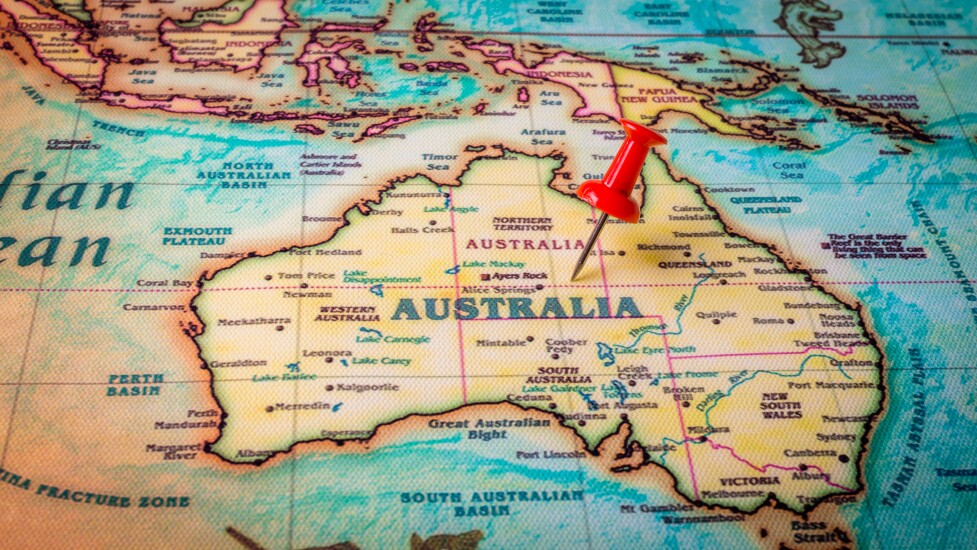



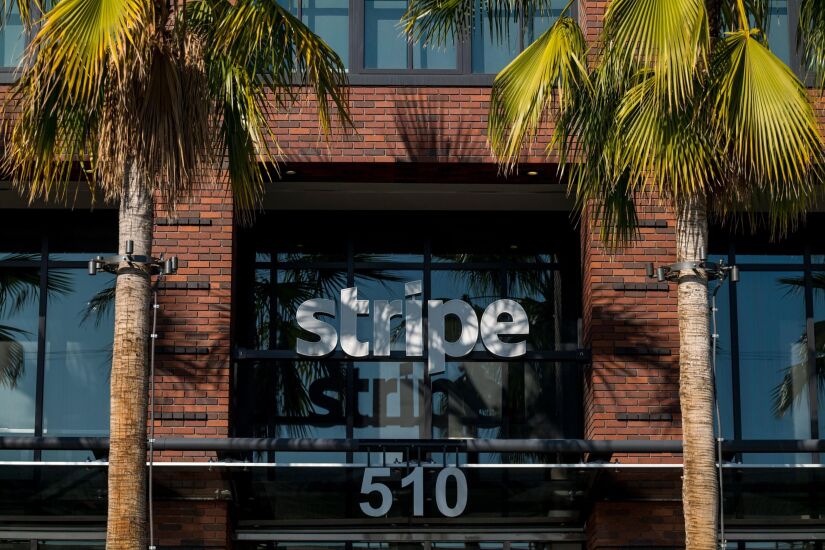
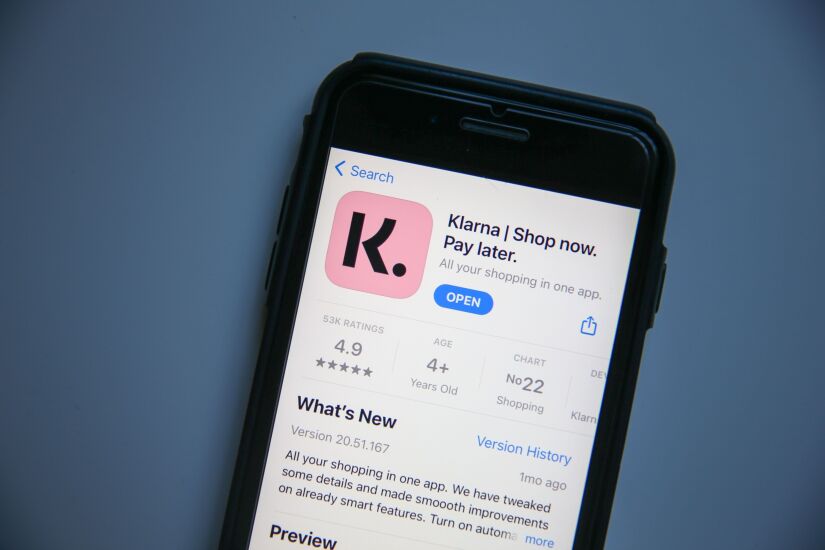
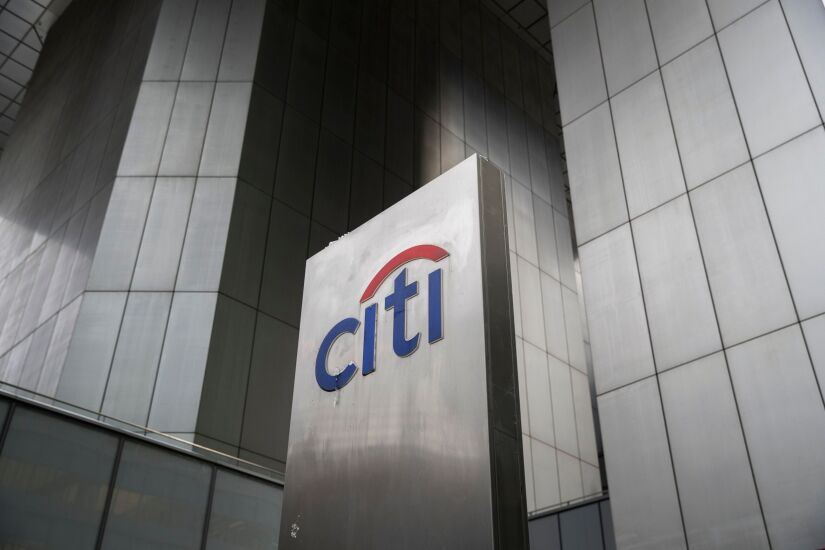
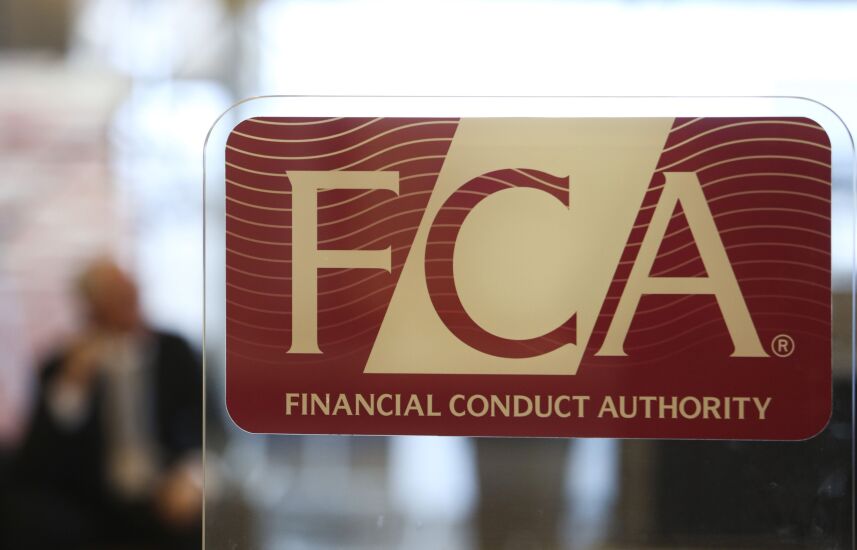
Top SBA lenders are warning about the impact of a prolonged shutdown. NewtekOne skipped providing fourth-quarter guidance after its CEO said the situation was too cloudy to forecast.
The UK bank's "Scam Intelligence" tool uses Google's Gemini to analyze images and texts for red flags, aiming to reduce losses from Authorized Push Payment fraud.
A commonly used standard for property and casualty insurance will offer a carve-out for generative AI liability starting in January. Startups like Testudo, Vouch and Armilla AI stand by to scoop up that business.
Until August, Bell was the executive director for loan guaranty service at the Department of Veterans Affairs, where he was credited with growing the program.
The 30-year rate dropped just 0.2 percentage points, as Federal Reserve Chair Jerome Powell's recent comments caused Treasury yields to rise.
Sen. John Kennedy, R-La., asked acting Federal Deposit Insurance Corp. Chair Travis Hill, who has been tapped to lead the agency permanently by President Trump, for a report within 30 days about progress made in the agency's sexual harassment scandal, saying his vote is contingent on that report.